As Burundi prepares for the 2025 legislative elections, a prolonged fuel crisis is raising concerns about its impact on political campaigns. Opposition leaders are criticizing the government’s inaction, warning that the shortage could limit fair competition.
Anicet Niyonkuru, chairman of the opposition party CDP, has called the fuel shortage a major challenge for political parties, urging authorities to take immediate action as campaign activities are about to start.
“These days, getting fuel is a major struggle. How are we supposed to reach the places where we hold our meetings?” Niyonkuru told Isanganiro, a local radio station.
He further criticized the government for failing to facilitate political engagement. “It’s already difficult, yet they are not making it easier for us to reach the people and communicate our programs. This is a very serious issue,” he said.
Niyonkuru revealed that opposition parties had proposed the creation of a dedicated fuel station for political actors, allowing them to refuel twice a week, a request which was ignored.
“We formally asked to be granted access to a fuel station so we could move around, meet our supporters, and engage with citizens. But so far, we have received no response,” he said.
He warned that without a solution, political competition would be severely restricted. “Parties that voters are unfamiliar with will struggle to reach them. In the end, people will choose the candidates they already know. That’s not real competition,” he added.
Niyonkuru also stressed the need to uphold democratic rights, including ensuring that all parties have equal access to campaign resources.
“The government must understand that political competition is essential to democracy. Every candidate should have the right to access the field freely, educate people about their programs, and secure the necessary fuel to travel and meet voters.”
Beyond fuel access, Niyonkuru pointed to the restricted 21-day campaign period as another challenge. He argued that the timeframe would make it difficult for opposition parties to effectively present their programs.
“Even before the official campaign period begins, they could have facilitated access to fuel so that we could travel across the country. With only 21 days, reaching voters will be extremely difficult,” he said.
His concerns echo those of Gabriel Banzawitonde, president of the APDR, another opposition party, who in January also called for exceptional fuel access during the electoral period to ensure fair political competition.
In response to mounting concerns, Interior Minister Martin Niteretse recently assured party leaders that the government is coordinating with SOPEBU, the company managing fuel distribution in the country, to ensure adequate supply for election-related activities. However, he attributed the shortages to “timing issues,” suggesting that some individuals are stockpiling and reselling fuel for personal gain.
Meanwhile, Prosper Ntahorwamiye, president of the Independent National Electoral Commission (CENI), reassured political leaders that a reserve fund of 15,000 liters of fuel had been set aside to support electoral operations and prevent disruptions

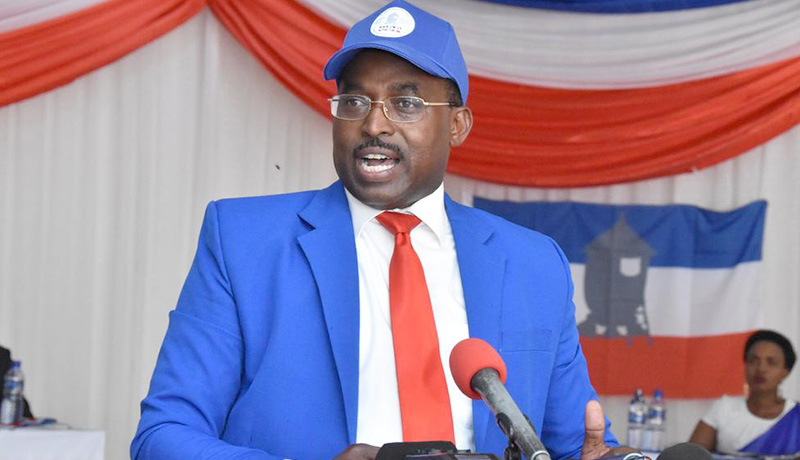

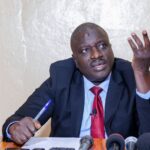
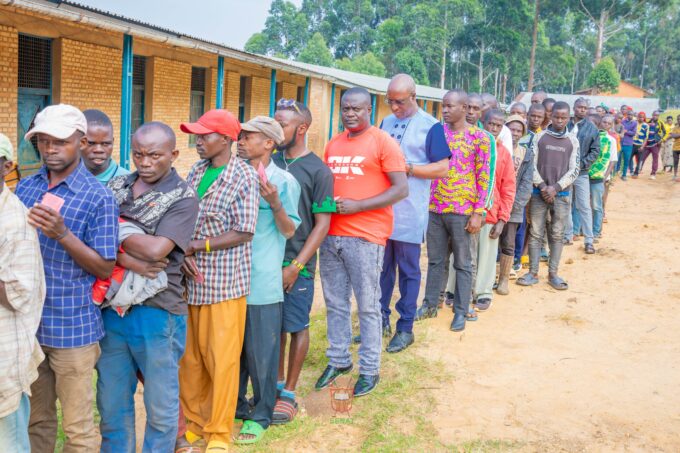
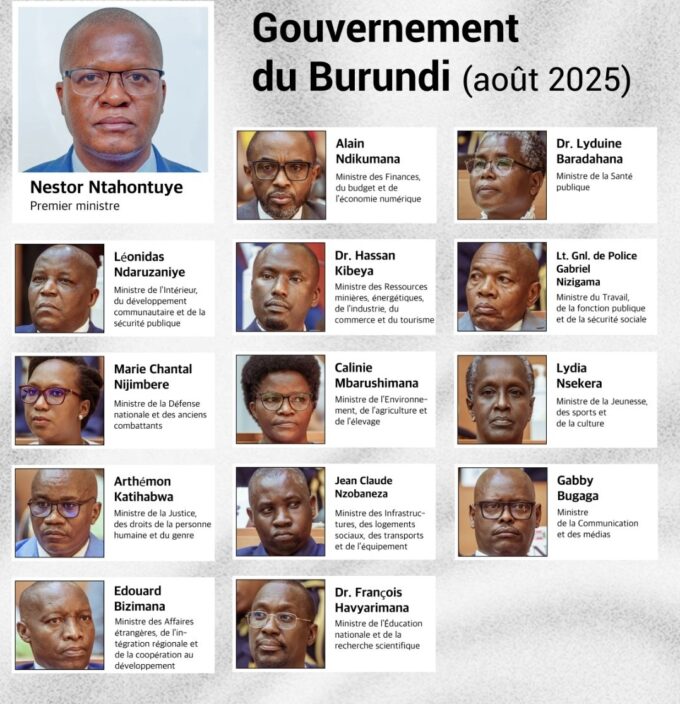
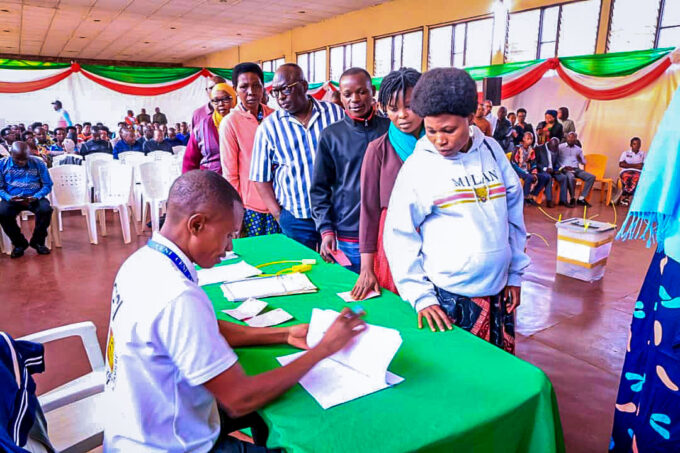
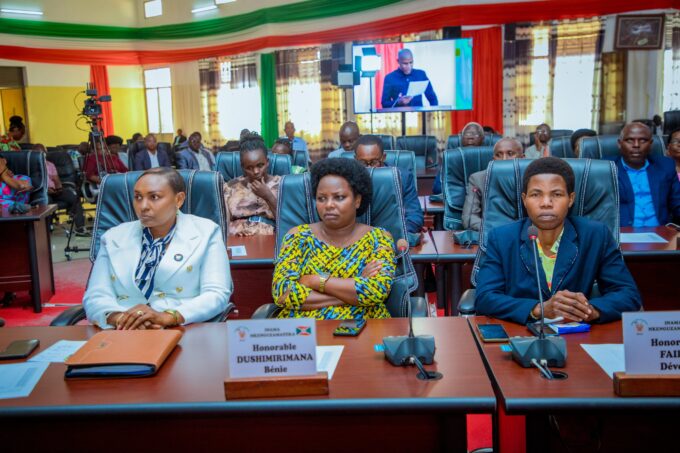
Leave a comment